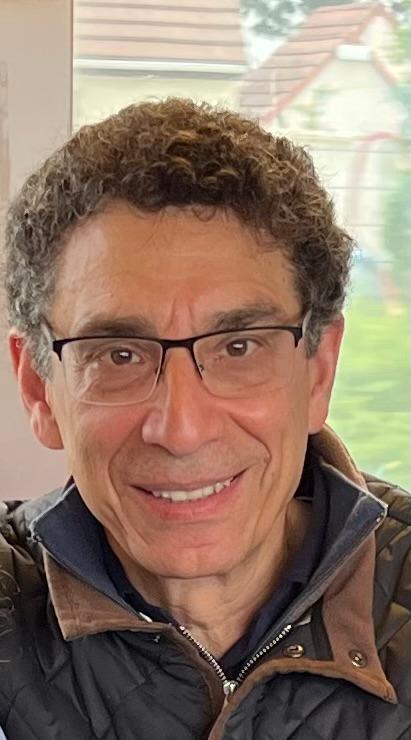Pump the brakes on your week and take 10 minutes to make your life as a surgeon just a little better…
Jeff welcomes to the podcast board-certified orthopedic surgeon and chief medical officer at Connecticut Orthopedics, Dr. Alan Reznik.
In the field of medicine, introverts and extroverts behave differently in situations where communication is important. Introverts tend to need more time to formulate answers and might agree with an extrovert who has taken the lead in a situation. Extroverts, on the other hand, tend to formulate answers more quickly and jump in with ideas.
If you want a good opinion from an introvert, you may need to tip them off ahead of time that a question will come up in a meeting. This gives them some lead time to process and hopefully share their opinions before the meeting. Conversely, it’s often good to couch their answers with a perspective and agree with them that they’re providing valuable information when dealing with an extrovert.
For instance, in the operating room, the surgeon is likely extroverted, even if they don’t know it. This can deters others in the room from speaking up. It’s important to know that you are open to hearing ideas from everyone in the operating room – especially the introverts.
What steps does Alan suggest we take to manage communication between introverts and extroverts in healthcare?
- Step 1 – Understand the power you hold in the room as a surgeon.
- Step 2 – Foster an environment where introverts and extroverts feel comfortable speaking up.
Most importantly, PRACTICE awareness of personality types!
Alan Reznik, MD, MBA

Dr. Reznik is a practicing orthopaedic surgeon and involved in medical teaching for over 30 years. He is recognized as one of “America’s Top Physicians” by Consumers Research Council of America and named “Top Doc” in Connecticut over 20 times by his orthopaedic surgeon peers, physicians, nurses and patients. He has served on many committees for the American Academy of Orthopaedic Surgeons including editorial board of AAOS Now. He has written “The Knee and Shoulder Handbook, the keys to a pain-free and active life” and “I have fallen and I can get up”on fall risks and prevention. An inventor, he holds 8 patents. He has lectured on patient safety, surgical risk reduction and AI development, liability and ethical use.
“It is with the understanding of differing perspectives, combining disciplines, constant collaboration, and an open mind that one achieves the best path forward.” Dr. Alan Reznik
